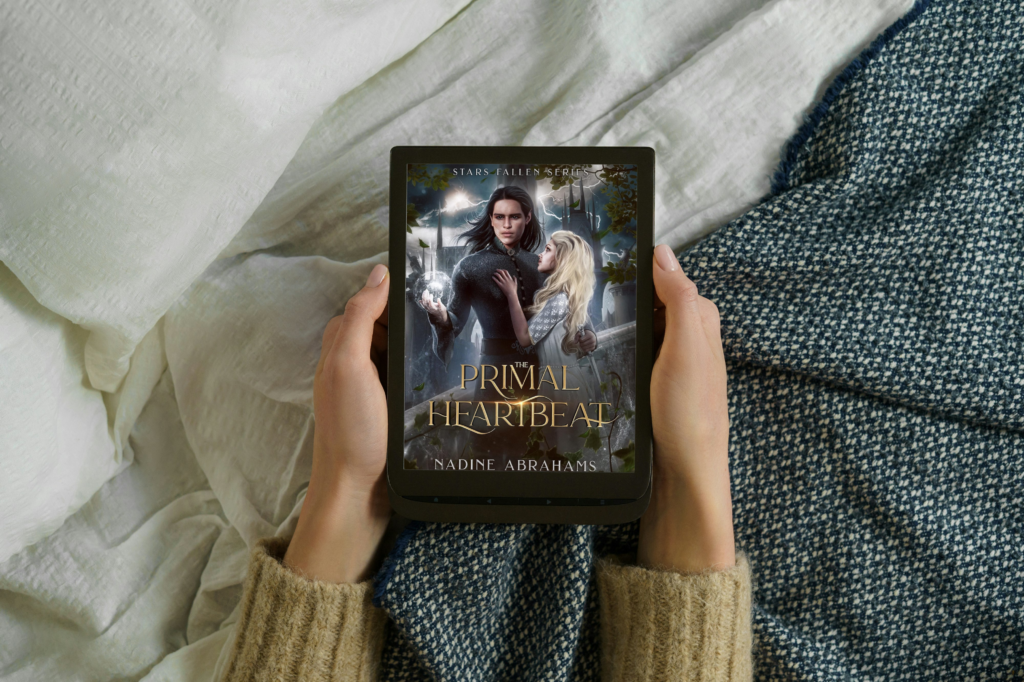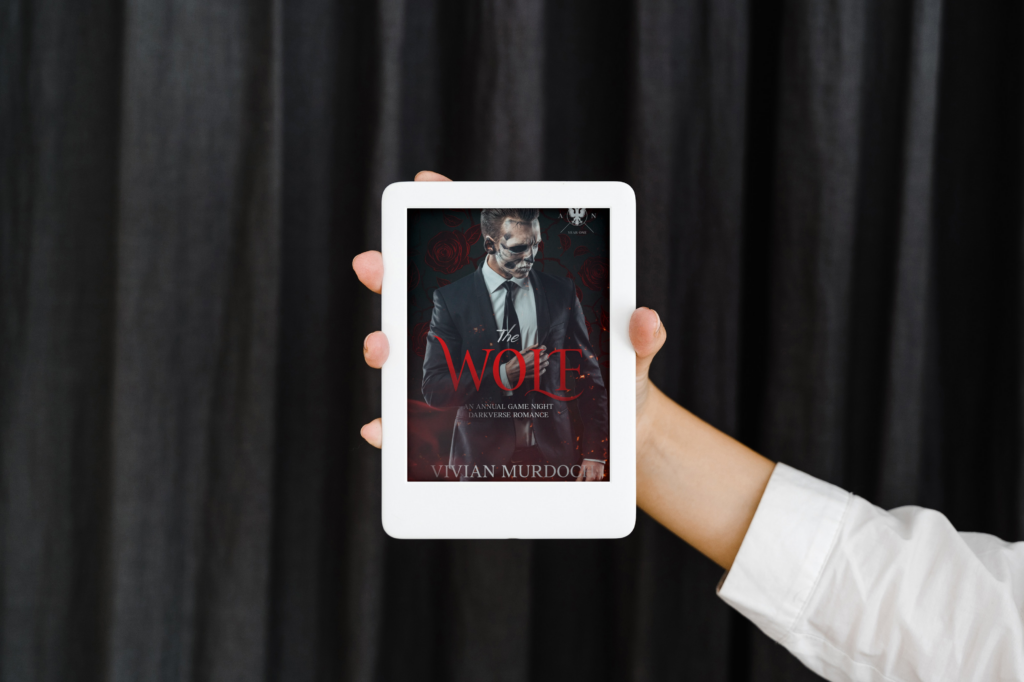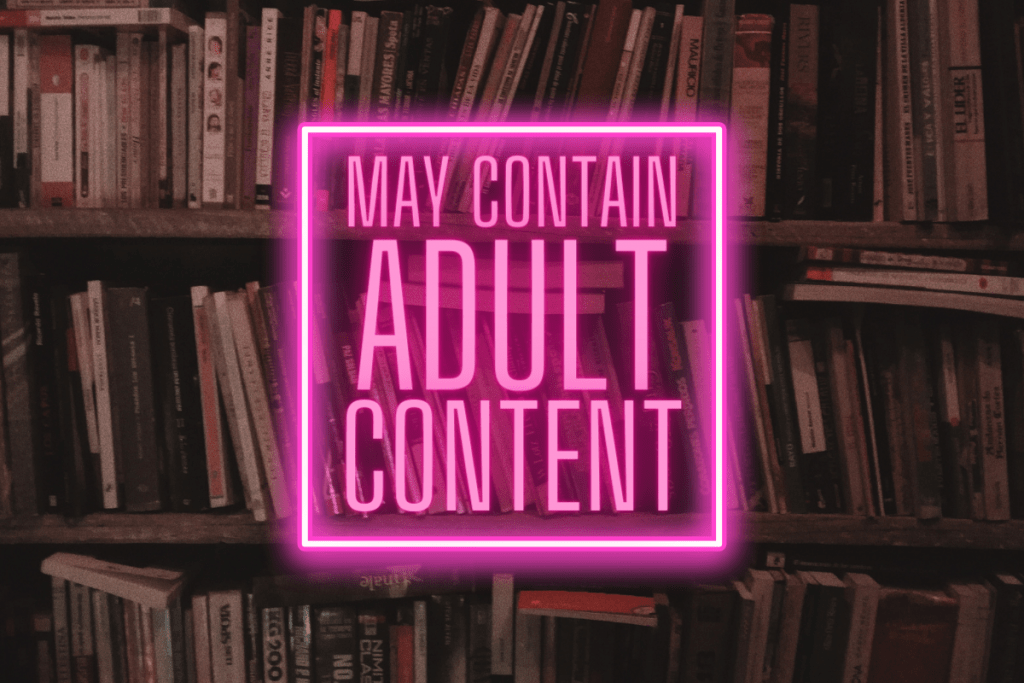Let’s be real—diversity in romance literature isn’t just a buzzword or a fleeting trend. It’s a long-overdue shift toward authenticity, inclusivity, and deeper emotional connection for readers everywhere.
Romance is one of the most popular genres in the world, but for decades, the stories we’ve seen on shelves have largely centered white, cishet, able-bodied characters. That narrow lens leaves too many readers feeling unseen—and too many important stories untold.
It’s time to change that.
Representation Isn’t a Bonus—It’s a Necessity
When readers see themselves reflected in stories, it creates a sense of belonging. That goes beyond skin color—it’s about race, gender identity, sexual orientation, neurodivergence, disability, culture, religion, and more.
When someone picks up a romance novel and finds a character who shares their lived experience, it’s more than escapism. It’s validation. It’s empowerment. It’s the feeling of being welcome in a genre that’s historically said “this isn’t for you.”
Representation also reminds us: love looks different for everyone. And those differences? They deserve to be celebrated.
Diversity Fuels Empathy
Reading diverse stories helps us step into lives that don’t mirror our own. That’s where empathy begins—in the quiet moments of connection with characters whose realities expand our understanding.
From navigating cultural norms to grappling with marginalization, diverse romance novels can be both windows and mirrors. They invite us to rethink assumptions, challenge stereotypes, and meet each other with more compassion.
For example, reading a romance between two neurodivergent characters, or exploring the complexities of falling in love while navigating generational trauma, can be deeply eye-opening. These aren’t just stories—they’re human experiences.
Richer Stories, Realer Love
Diverse characters allow authors to tell deeper, more layered stories. Stories that:
-
Explore intersectionality
-
Grapple with identity and belonging
-
Break genre norms in bold, beautiful ways
-
Introduce traditions, languages, and dynamics outside the dominant narrative
Diversity invites creativity. Think second-chance queer romance set in a rural village. Muslim love stories during Ramadan. Age-gap sapphic romances with chronic illness rep. The possibilities are endless—and readers are hungry for them.
The Industry Still Has Work to Do
There’s been progress, yes—but the publishing industry still leans heavily into a narrow slice of experiences. That creates barriers for authors and readers alike.
This isn’t just a “diverse authors” issue—it’s a whole industry issue. Agents, publishers, reviewers, marketers, and booksellers all play a role in what gets seen, supported, and celebrated.
Indie authors and small presses are pushing boundaries, but traditional publishing still needs to do more than tokenize inclusion. It needs to prioritize it.
What Can You Do as an Author?
If you’re an author, here’s what it means to write—and support—diverse romance responsibly:
-
Write outside your experience with care. Use research, hire sensitivity readers, and stay open to feedback.
-
Support marginalized voices. Share their work. Recommend their books. Show up.
-
Audit your catalog. How diverse are your characters, storylines, and themes?
-
Keep learning. Language and representation evolve—so should you.
What Can You Do as a Reader?
Readers shape the market. Here’s how you can drive change:
-
Read diversely. Go beyond bestseller lists and algorithmic suggestions.
-
Buy and review underrepresented authors. Reviews matter. They boost visibility.
-
Talk about the books you love. Online or offline, your voice influences what others read.
-
Challenge lazy representation. Demand more than tropes and tokenism.
Diversity Is Also Smart Business
Let’s not ignore the numbers: diversity sells. Readers want to see themselves in stories. When they do, they become loyal, invested, vocal fans.
Publishing diverse romance isn’t just the right thing to do—it’s the smart thing to do.
Diversity Isn’t a Checkbox—It’s a Commitment
Let’s move beyond performative gestures. Let’s build a genre—and an industry—that actually reflects the world we live in.
Because diversity in romance literature isn’t about being politically correct. It’s about being human. It’s about writing stories where everyone gets to be the main character—and every kind of love has a home.
👉 Get in touch today if you’re ready to build an author brand that reflects your values, tells richer stories, and resonates with a wider audience. Let’s elevate the voices that matter—and make romance more inclusive, one story at a time.





